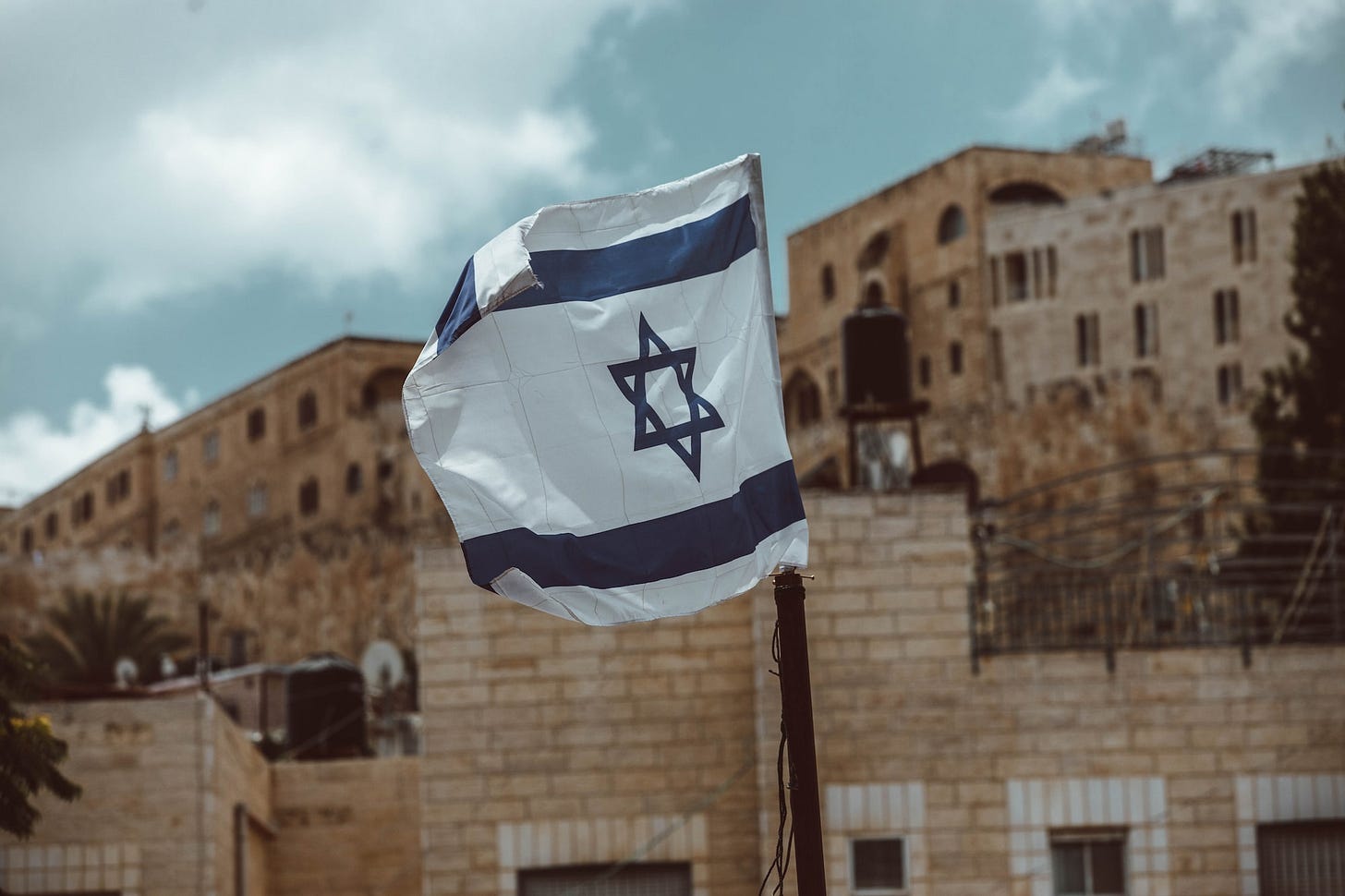A gap in New Zealand, reality in Jerusalem, and legal weed everywhere
The Friday Pillar Post

Happy Friday friends,
We’ve made it through the week. Great job, guys.
I’m kind of serious.
I started the week with a four-and-a-half-hour dentist appointment, though at this point I think it would be cheaper and more appropriate to just contract with a goldsmith. It was also, of course, the 60th anniversary of Vatican Council II and much of the commentary…
